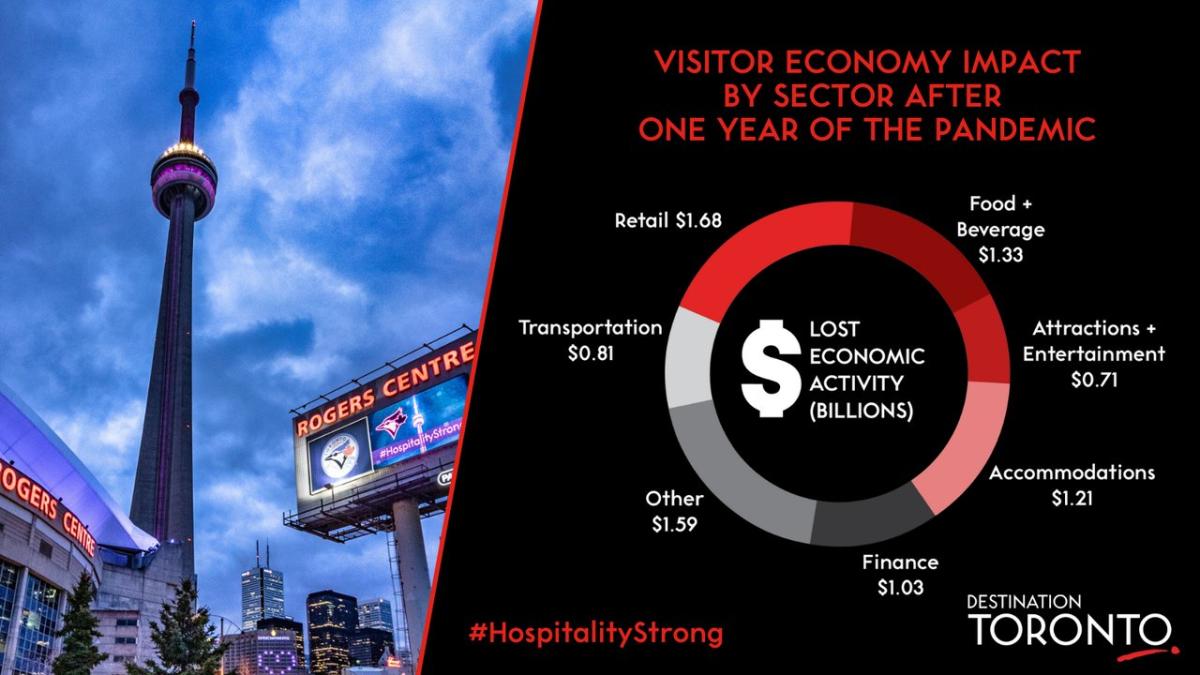Over the past few decades, technology has been revolutionizing the healthcare industry. From medical devices to electronic health records to telemedicine, technology has transformed the way we access and receive healthcare. In this article, we’ll explore the ways in which technology is transforming medicine and the potential benefits and challenges that come with it.
One of the most significant changes that technology has brought to healthcare is the ability to collect and analyze vast amounts of patient data. Electronic health records (EHRs) have made it easier for healthcare providers to access and share patient information across different settings and improve care coordination. In addition, artificial intelligence (AI) and machine learning algorithms can analyze EHR data to identify patterns and predict outcomes, which can help providers make more informed decisions about patient care.
Another area where technology is transforming medicine is in the development of new medical devices and treatments. From wearable devices that track our health to robotic-assisted surgery to 3D-printed organs, technology is enabling us to develop new and innovative ways to diagnose and treat diseases. For example, the use of telemedicine has exploded in recent years, allowing patients to connect with healthcare providers remotely and receive care from the comfort of their own homes.
However, there are also potential challenges that come with the use of technology in healthcare. One of the biggest concerns is data privacy and security. With so much patient data being collected and stored, there is a risk that this information could be accessed by unauthorized parties. In addition, there is the concern that the use of AI and machine learning algorithms could perpetuate biases in healthcare and exacerbate existing health disparities.
Despite these challenges, the potential benefits of technology in healthcare are immense. By improving care coordination, developing new medical treatments, and making healthcare more accessible and affordable, technology has the power to transform the way we receive and deliver healthcare.
In conclusion, the healthcare revolution is well underway, and technology is playing a central role in this transformation. While there are challenges to be addressed, the potential benefits of technology in healthcare are vast. As we continue to innovate and develop new technologies, we must also ensure that we are using these tools in ways that prioritize patient privacy and equity in healthcare.











